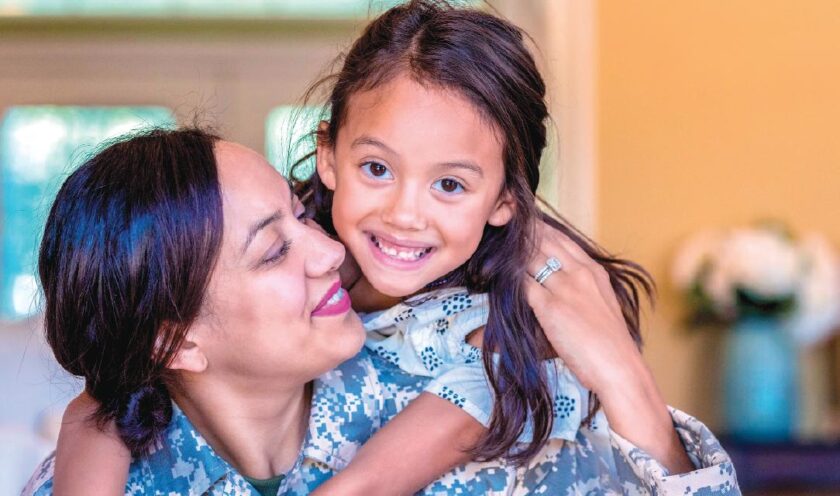Many parents of children found to be on the autism spectrum will tell you that they instinctively knew something was different about their child long before any confirming diagnosis. They will also tell you, “If you’ve met one child with autism, you’ve met one child with autism.”
All kids are unique, and rigid adherence to charts and measurements about progress as they grow ignores that individuality. Lists of when babies should be able to do what should be taken as broad guidelines. Yet with some developmental differences, especially autism, early intervention can be very beneficial. Important developmental milestones for babies can give parents a clue when their child may have differences that should be discussed with a pediatrician.
The Limitations of Online Checklists
According to Healthline, a comparison of four well-known developmental checklists conducted by Boston Children’s Hospital found more than 700 different traits and abilities listed, and only 40 of them appeared among the lists reviewed. Always check with your pediatrician for specific developmental markers relevant to your child, especially if your baby was premature:
Milestones in the First Year
The Centers for Disease Control, the American Academy of Pediatrics, and many children’s hospitals provide online checklists as general guidelines for development. Here is a compilation from a few of those lists, with only a few of many items for each age range:
- One to three months: baby brings their hand within range of mouth; prefers looking at faces; recognizes and may turn toward familiar voices.
- If your baby doesn’t react to loud sounds, doesn’t begin to track movement with their eyes, doesn’t smile or try to bring their hands to their mouth, and by two months can’t hold up their head when lying on their tummy, call the pediatrician.
- Four to six months: babbles; reaches for and begins to play with baby toys; learns to roll over; can push up and support their head and upper body with their arms when lying on their stomach; responds to their own name; makes sounds to indicate happiness or discomfort; imitates parental sounds; pushes down on their legs when their feet are on a flat surface.
- Contact your pediatrician if the baby isn’t making vowel sounds (eh, ah, oh), seems overly stiff or overly floppy, doesn’t try to grab objects within their reach, doesn’t roll over, or doesn’t bring their hands to their mouth.
- Seven to twelve months: rolls both ways; sits without using hands for support; transfers objects from hand to hand; wants to look for and can find partially hidden objects; starts to say “no”; puts things in their mouth; crawls; can pick up small items between their thumb and forefinger; pulls up and begins to stand.
- Call the pediatrician if your baby doesn’t squeal or laugh, ignores people, doesn’t show affection, doesn’t roll over, has no reaction to sound, doesn’t look where you point or point at things themselves, doesn’t say “mama, baba, dada,” etc.
Some infants will be far ahead on developmental milestones for babies and behind on others. Parental instincts are real, so if you suspect your baby may have developmental delays or differences, regardless of what the checklists say, consult your pediatrician.






